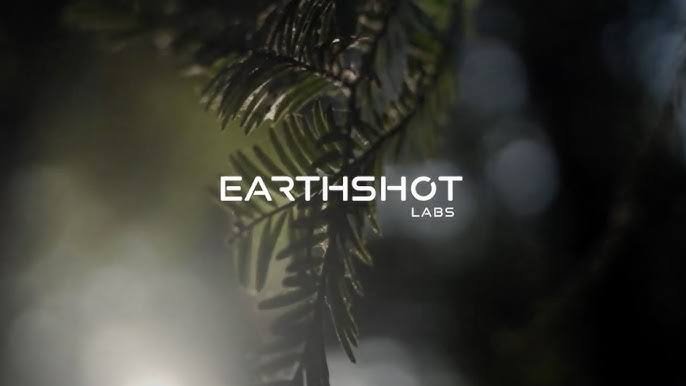Earthshot Labs is a platform dedicated to developing and financing high-quality, nature-based carbon projects at scale. These projects are funded through the Voluntary Carbon Market (VCM) and are grounded in scientific rigor to ensure accurate and verifiable climate benefits.
In 2024, I had the opportunity to intern with Earthshot. I built and ran dynamic vegetation simulations using the Functionally Assembled Terrestrial Ecosystem Simulator (FATES) within the Community Land Model (CLM) to explore forest sustainability under different Shared Socioeconomic Pathway (SSP) scenarios. I also contributed to modeling carbon projections for an agroforestry project. I strengthened my skills in ecological modeling, programming, and science communication. It also deepened my understanding of carbon dioxide removal (CDR) strategies and the structure and operation of the VCM, while giving me the opportunity to take initiative and collaborate on real-world climate solutions.
WildEarth Guardians is a grassroots, non-profit environmental organization dedicated to protecting and restoring wildlife and wildlands in the American West. The Natural Resources Defense Council (NRDC) is a national non-profit that advocates for climate change mitigation, public health, and nature conservation.
In 2020 and 2021, I had the opportunity to work with both organizations by identifying illegal oil and gas drilling activity in the Chaco region of New Mexico; some wells were located on culturally significant lands and contributing to air pollution impacting nearby Navajo communities. I developed skills in Python programming, GIS, and Google Earth, and gained experience analyzing public government records to help identify regulatory violations. Our findings revealed that approximately one-third of the wells in the region were in violation of environmental protections. Eventually, the courts halted new drilling activities.
The Department of Earth and Environmental Sciences at the University of Michigan offers an essential introductory course for undergraduate majors and minors, covering topics such as geology, plate tectonics, earthquakes, groundwater systems, paleoclimate proxy records, and modern climate change.
In 2021, I served as a Graduate Student Instructor (GSI) for this course. I led two lab sections each week, developed and graded lab assignments, and contributed to the design and evaluation of both midterm and final exams.
The American Solar Energy Society (ASES) is a non-profit organization that has been advocating for renewable energy in the United States since 1954. It aims to accelerate the transition to a sustainable energy economy and serves as the American affiliate of the International Solar Energy Society.
In 2020, I interned with ASES as a Student Chapter Coordinator. In this role, I communicated with university faculty involved in solar research and helped coordinate the development of new student chapters at other universities.



